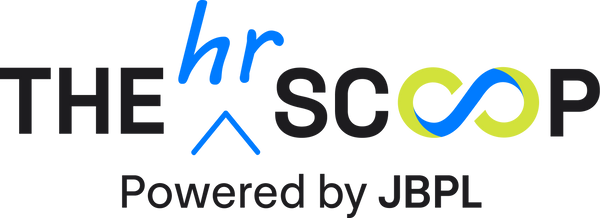
Is it possible to switch career paths after gaining a few years of work experience?
Yes, and it’s more common than you think.
Many professionals discover their true interests only after entering the workforce. A report by LinkedIn shows that nearly 60% of working professionals have considered or made a career switch at some point — and the number is growing.
What matters most is how you transfer your existing skills to the new path. Communication, problem-solving, project management, or even industry-specific tools often overlap between fields. Online certifications, short-term projects, or upskilling platforms can also help you bridge the gap.
So yes, you can absolutely pivot — and with the right strategy, your past experience becomes a strength, not a setback.
How can someone figure out the right career path during a switch?
Switching careers can feel uncertain, but it’s more common than ever. According to a 2023 LinkedIn report, nearly 45% of professionals have made a major career shift, and most of them did it successfully after identifying roles better aligned with their strengths and interests.
To figure out the right path, start with self-reflection: What tasks energize you? What skills come naturally?
Next, explore industries that match your profile. Informational interviews, LinkedIn networking, or mentorship calls can offer insider insight. A 2022 Glassdoor survey found that 63% of successful career switchers credited peer conversations and research as key to their decision.
If you're unsure, test the waters with short-term projects, online certifications, or freelance gigs — these low-risk steps can help you validate your interest before fully committing.
In short, the right career path isn't always found in one leap — it's discovered through curiosity, strategy, and small steps backed by self-awareness.
Does previous work experience hold value when switching to a new field?
Yes, it does. Even if the industry changes, your core skills — like communication, teamwork, or problem-solving — remain relevant. Employers value adaptability and the unique perspective you bring from your past roles. It’s all about how you connect your experience to the new path and show you're ready to grow.
Do recruiters think people changing careers is a risky choice?
Not necessarily — but it depends on how you present your shift.
Recruiters may see career switchers as a risk only if the move seems unplanned or unclear. But if you can show a clear reason for the switch, transferable skills, and genuine interest in the new field, many recruiters see it as a sign of self-awareness and courage.
To support this transition, HR Scoop offers a cross-domain career switch program designed specifically for working professionals looking to pivot smartly. The program helps you:
- Identify transferable skills from your current role
- Map the skill gap needed to enter your target industry
- Realign your resume and LinkedIn profile to reflect the new direction
- Practice with mock interviews tailored to your new domain
- Gain clarity with domain-specific insights and role preparation.
The key is to show you're not starting from scratch — you’re bringing something fresh to the table.
Hence,
Career switching isn’t rare — in fact, it’s increasingly normal. The good news? Your experience still holds value. Core skills like communication, problem-solving, and leadership are transferable across industries — it’s all about how you position them.
